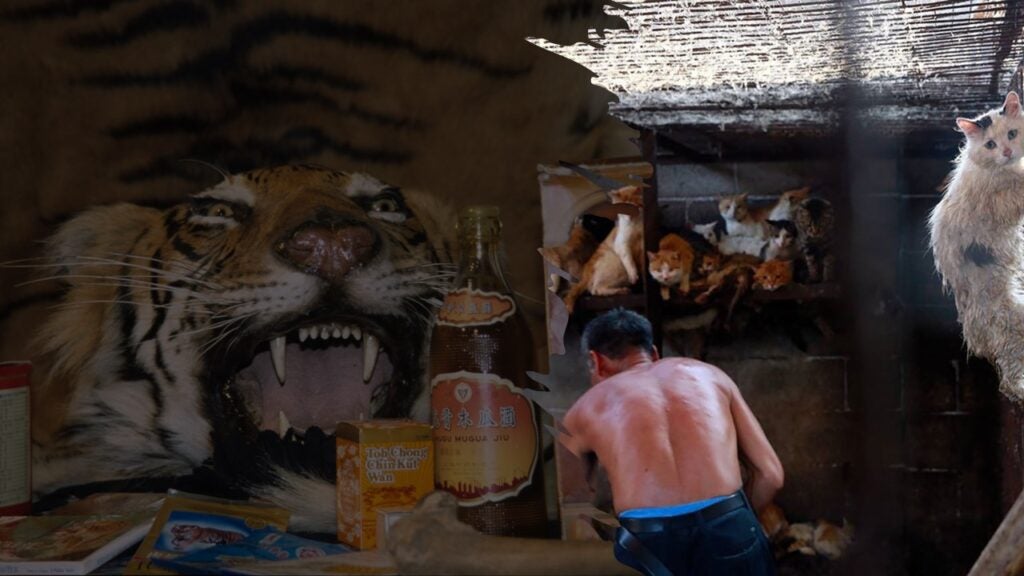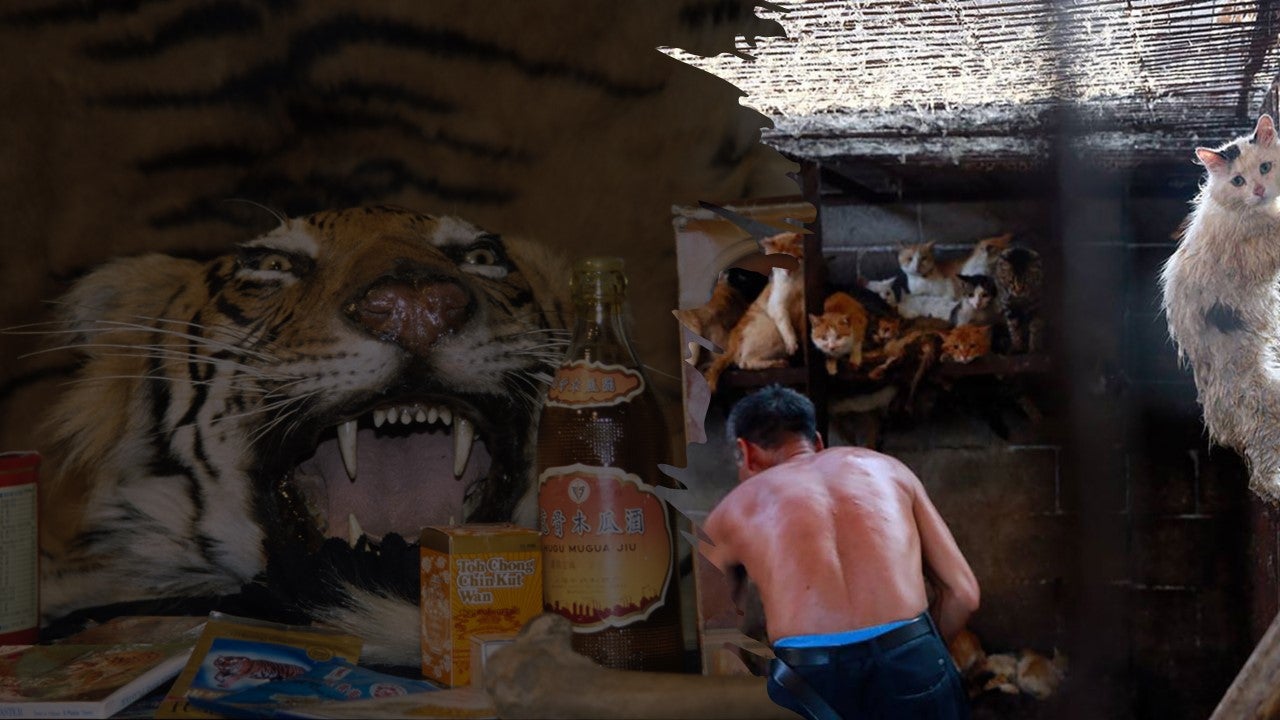Events
Medicinal Animals II
| Date | : | 28 Aug 2025 - 29 Aug 2025 |
| Venue | : | Hybrid (Online via Zoom & AS8 04-04) |
| Contact Person | : | TAY, Minghua |
This workshop is part of the project “History and Sustainability of Animal-Based Drugs in Asian Traditional Medicines” funded by a tier 2 grant from the Singapore Ministry of Education.
Animal parts and tissues have been used traditionally around the world as medicines as well as foods. Yet the incorporation of animals into medical systems based largely on plants is an historical process we still know comparatively little about, even in Asia, where the practice has been widespread. In the present day, most “medicinal animals” are in crisis, the subject of illegal and legal wildlife trading, driving many to the brink of extinction. The process of “faunal medicalization” [Chee, 2021] has also been implicated in the spread of zoonotic disease. Understanding the historical and contemporary forces that have brought us to this juncture is the subject of this conference. We are particularly focusing on Asia as both a site and a global influence. As a site, certain Asian “traditional” medicines have transformed into what Pordie and Hardon describe as “Asian industrial medicines” [2015], with animal parts and tissues becoming raw materials for a growing pharmaceuticalization of traditional therapies. As an influence, Asian-centered animal trading networks now have global reach, and are likely affecting or inter-mingling with pharmaceutics and zootherapies in other parts of the world. We are thus open to accepting papers that address cases in Asia, or cases elsewhere in the world with strong connections to Asia or Asian cultures. We are particularly looking for papers that are historically-informed, but help to understand and contextualize the current crisis; that work against anthropocentric bias by valuing animal survival and health in its own right; that highlight connections or disruptions in use or scale between pre-modern and modern uses of animals as medicines; that discuss how Asian faunal medicalization practices have affected species and practices across outside Asian nation-states; and/or that explore junctions between wildlife conservation, animal medicines, and consumerism.
WORKSHOP CONVENORS
Assoc Prof Gregory CLANCEY
Department of History & Asia Research Institute, National University of Singapore
Dr Liz PY CHEE
Hong Kong University of Science and Technology



